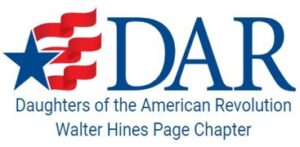Franklin’s Young Inventors Science Club: Fuels and Costs
Saturday 23 April, 10-11.30am BST. Register here to attend in person.
Join our science club at Benjamin Franklin House, the London home of the famous Founding Father of the United States who was also a scientist and inventor. You will learn about the experiments carried out by Benjamin Franklin and his British friends as well as trying your hand at practical investigations. This week we will be exploring the core physics topic of fuels and costs.
Most suitable for Years 7-9 (ages 11-14) – Franklin’s Young Inventors is free to attend but booking is essential.
Parents are welcome to join, however, if you would prefer to drop off and pick up your child(ren) we will ask you to sign a permission form when you arrive.
COVID-19 Safety Precautions:
– We are limiting bookings to 25 people.
– Activities will take place in a well-ventilated historic space with hand sanitiser and sanitising wipes available.
If you are unable to attend this in-person event, there will be a virtual alternative on Tuesday 26th April 2022. This Zoom Webinar will run from 4:30-5:00pm and explore the key learning that will be covered during the initial event.
The virtual session is also free but registration is required. If you wish to attend, please register here.
Funding for Franklin’s Young Inventors has been generously provided by the US Embassy London and the DAR Walter Hines Page Chapter.




